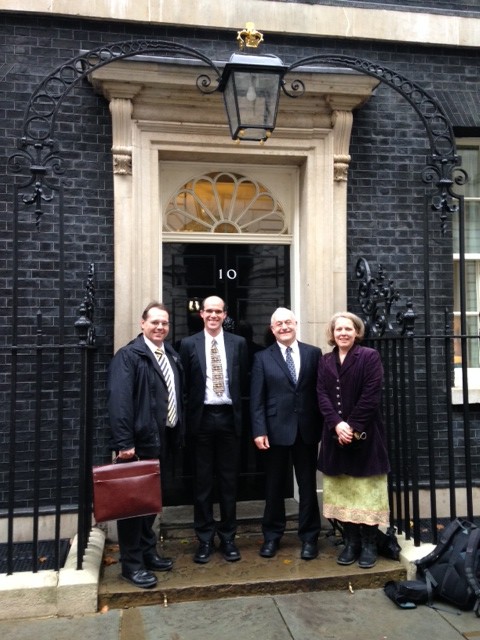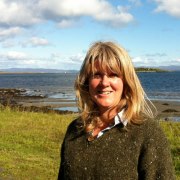Guy Garrod, Director of the Centre for Rural Economy, writes this blog following an invitation to meet with the Prime Minister’s Policy Unit at 10 Downing Street on Monday 10th October. The meeting was to discuss the challenges facing rural communities. Attending were (l-r) Guy Garrod, Dr Neil Powe, Professor Mark Shucksmith and Rhona Pringle.
This blog has kindly been shared by CRE. It first appeared:
http://creblogsite.blogspot.co.uk/
A big challenge for any research centre that specialises in the applied social sciences, is to make sure that their findings reach the relevant people in the policy and practice community. Imagine my excitement when last week I received an invitation from the Prime Minister’s Policy Unit to visit No 10 to discuss the challenges facing rural communities, and what more Government could be doing to support rural areas. It seemed that our recent policy document ‘Reimagining the Rural’ has dropped onto some influential desks in Westminster.






